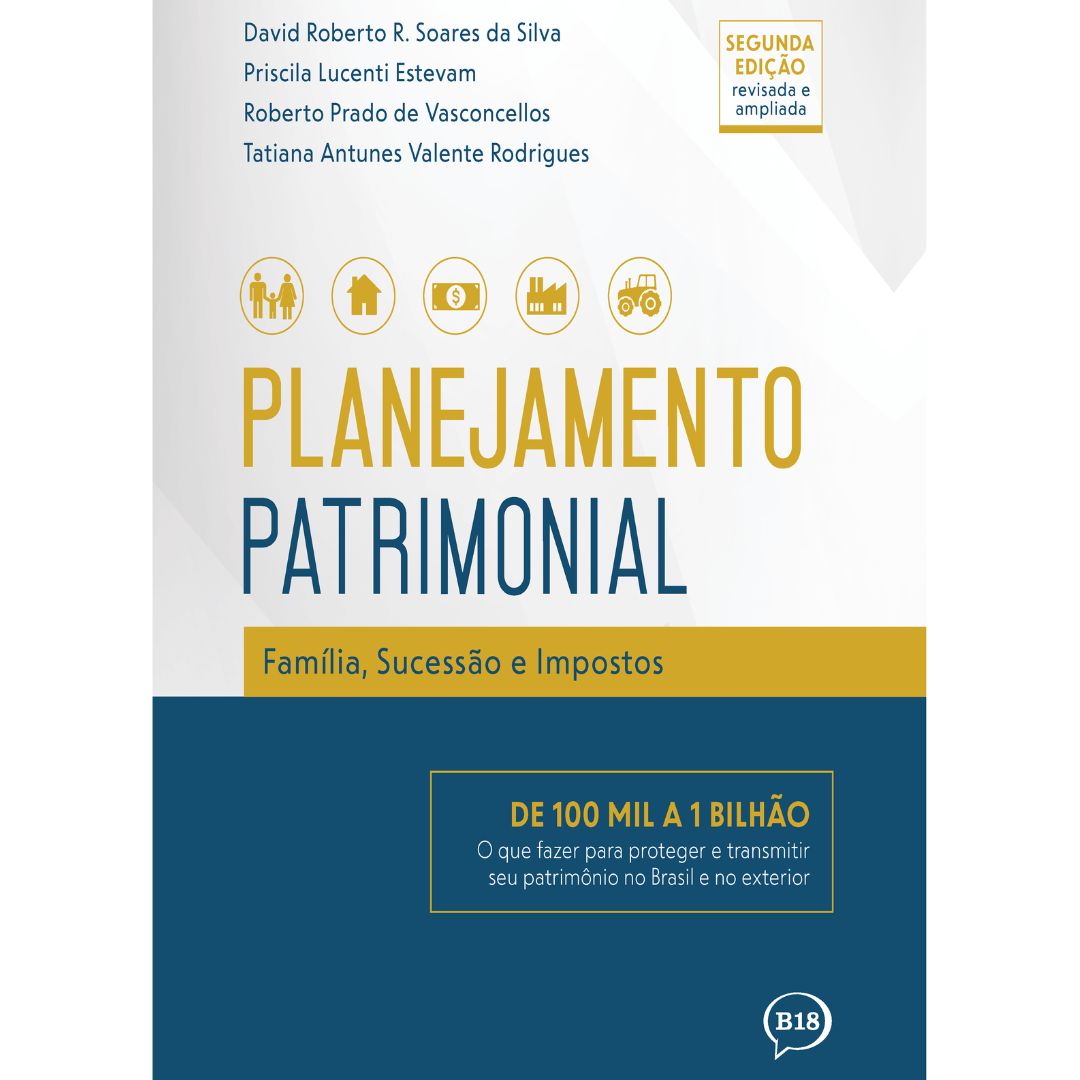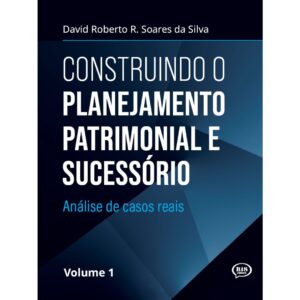Description
Click here to read the Preface and the Introduction (Portuguse only)
The complexity of modern life and human relations and also the professional and business risks that we face daily in Brazil are facts that are not always well understood, but that can put personal wealth at risk. Succession, in turn, is still a taboo subject, as it implies recognizing our finitude.
But not thinking or not talking about these matters does not solve the problem. Instead, postponing or failing to face the facts can bring even more significant complications, compromising the wealth obtained with much effort and affecting the peace and comfort of those who survive us and who wish us well.
The book aims to demonstrate in a clear, objective, and uncomplicated way, that planning should be a concern for all those who have accumulated some wealth in Brazil or overseas. It also serves those who are still at the beginning of their professional and financial life in Brazil, but want to preserve their future wealth against unsuccessful relationships, professional or business failures, or even against bad luck.
Planejamento Patrimonial: Família, Sucessão e Impostos is a multidisciplinary work with a theoretical and practical focus, divided into four interrelated parts, but which can be read separately depending on the degree of knowledge or need of each reader.
Part 1 addresses aspects of family and relationships, inheritance law, corporate law, and taxation of individuals’ income and assets, in Brazil and abroad. About family and relationships, the book deals with marriage, stable union, gay relationship, and other types of relationships that are beginning to emerge in the Brazilian society and for which the property consequences cannot be overlooked. The rules of succession and their connections with the different property regimes of marriage and stable union are also be addressed.
The three most common types of companies are treated in detail with their characteristics, advantages, and disadvantages in estate and succession planning. As for taxation, an extensive and comprehensive analysis is made of the taxes involved in estate and inheritance planning, especially on the income and earnings of individuals – in Brazil and abroad – and taxation applicable to the transfer of assets and holding companies.
Part 2 deals with forms of estate and inheritance planning related to assets in Brazil. Changes in the property regime, family property, donation, wills, holding companies, shareholder agreements, family agreements, life and pension insurance, investment funds, living will, and notary minutes are some of the topics covered, with analysis on their application and utility in various planning situations. The goal is to show how these instruments, some well known and others not so much, can be powerful and useful tools both estate and succession planning.
Part 3 leaves Brasil, initially addressing issues with remittance of funds abroad, automatic exchange of financial information, and rules for declaring foreign assets to Brazilian authorities. From there, the legal and tax treatment of the most diverse forms of assets held abroad is analyzed in detail, such as financial resources and assets, real estate, offshore companies, smart funds, trusts, and foreign private foundations.
Finally, Part 4 enters into the practical application of the various instruments analyzed in Parts 1, 2 and 3 in real cases of estate and succession planning. It is a small sample of the many possibilities of using the tools discussed throughout the book.






José Arimateia de Araújo –
O melhor livro do mercado sobre o assunto. Sem dúvida.
Moacir de Carvalho –
Livro impressionante pela sua profundidade e abrangência e, ao mesmo tempo, pela simplicidade, clareza e objetividade na escrita.